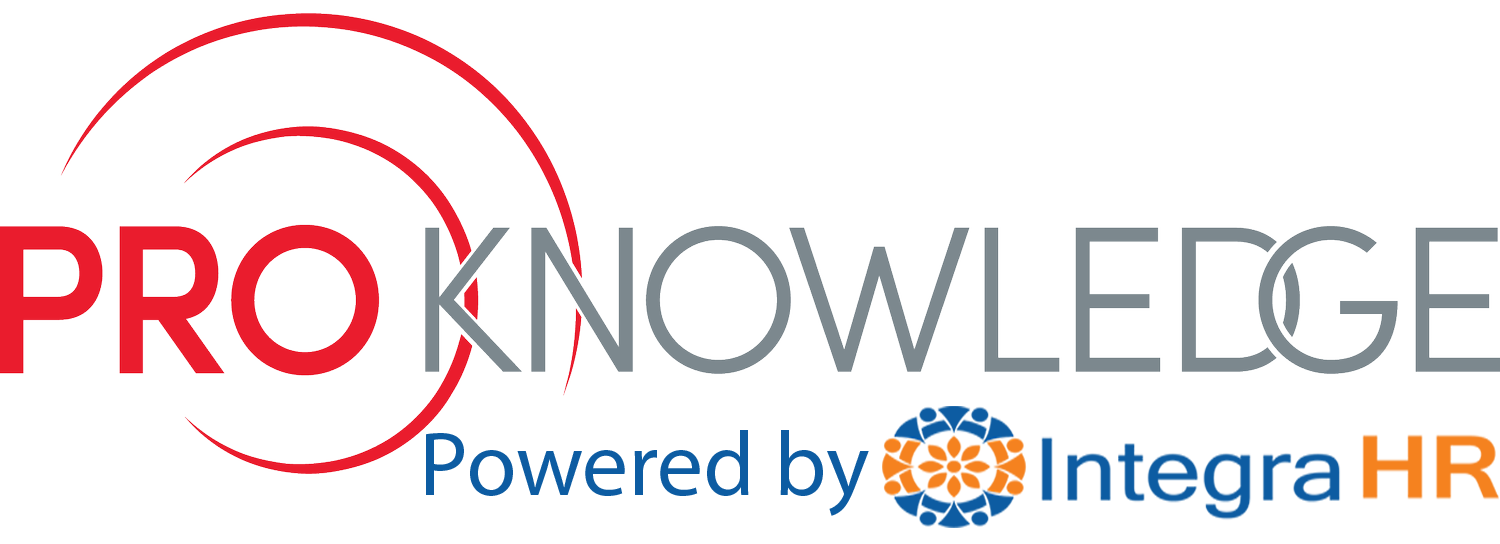How Managers Can Hold Remote Workers Accountable
Remote work presents a unique situation — while it feels like we’ve been using Zoom and working from home for ages now, there are still new challenges that we have to navigate when working and leading in virtual and hybrid environments. One of the most daunting challenges managers face as the workplace continues to involve minimal in-person oversight is the management of remote staff. At ProKnowledge, a lot of our clients have shared that they struggle knowing if their employees are really working while they are at home, leading our team to recognize the critical differences in management based on various workplace situations.
Naturally, there are people who will take advantage of working from home. However, many of those employees didn’t do much work when they were in-person when you saw them every day, so their work ethic isn’t much different. To identify how your team members are performing in a way that enables you to achieve your goals, you must create accountability.
2 Ways Managers Can Hold Their Remote Workers Accountable:
1. Measure Activity AND Achievement
If you are managing a remote workforce, you need to consider both activity and achievement, as they are related, but not the same. When you measure activity, you are determining if your employees are logged in and active. However, just because someone has an active status, doesn’t mean they are working — they could be logged in and still lying in bed! This is why it is important to consider activity alongside achievement. Are your employees completing their work? Do they respond in a timely manner? Are they consistently logging in late to virtual meetings? If work is done on time and meets the quality expectations you’ve set, this indicates both achievement and activity.
2. Commit to Team Communication
Another major component of holding your remote workers accountable is your communication. While important when you are in person, communication is even more critical when managing remote employees. You should commit specified time to two regular communications with your remote workforce: team meetings and team building. Team meetings are times during which you will predominantly discuss business, including goals, challenges, and action items. While you’ll likely touch on these topics during team building, the main purpose of these meetings is to keep your team connected to support engagement and retention. This doesn’t have to be complicated — think of something like a simple ice breaker or virtual game — but can make a significant impact in your team’s communication and connection. In addition to these two regular meetings with your team, managers should schedule regular one-on-one check-ins with each team member. Even if it is just 15 minutes, doing so provides each employee a platform to update you on their progress and address any challenges that impede their progress.
Modifying our managerial styles and tactics can be challenging and overwhelming; however, by implementing thoughtful strategies to actively lead your team, you can be a remote manager with ease.



